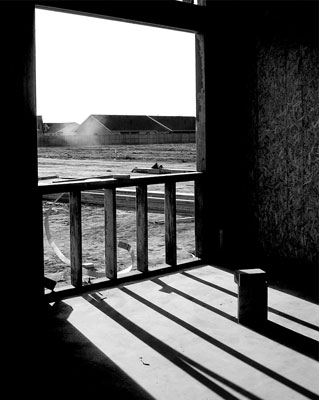All Nonfiction
- Bullying
- Books
- Academic
- Author Interviews
- Celebrity interviews
- College Articles
- College Essays
- Educator of the Year
- Heroes
- Interviews
- Memoir
- Personal Experience
- Sports
- Travel & Culture
All Opinions
- Bullying
- Current Events / Politics
- Discrimination
- Drugs / Alcohol / Smoking
- Entertainment / Celebrities
- Environment
- Love / Relationships
- Movies / Music / TV
- Pop Culture / Trends
- School / College
- Social Issues / Civics
- Spirituality / Religion
- Sports / Hobbies
All Hot Topics
- Bullying
- Community Service
- Environment
- Health
- Letters to the Editor
- Pride & Prejudice
- What Matters
- Back
Summer Guide
- Program Links
- Program Reviews
- Back
College Guide
- College Links
- College Reviews
- College Essays
- College Articles
- Back
The Decade of Spontaneity or Insanity?
The 1990’s and early 2000’s are best known as the decades of spontaneity, excitement, and wonder; Hip-Hop/ Rap had reached its peak. In 1979 “Rapper’s Delight”, a song made by a group called The Sugarhill Gang, put rap on the map. From that point forward, rap was classified as music generally made to inspire young adults that they can, one day, escape the “projects and ghettoes” (run down areas usually inhabited by African Americans.) During a magazine interview one rapper with the stage name Doug E. Fresh claimed that, "Hip-hop is supposed to uplift and create, to educate people on a larger level and to make a change." Artists such as Tupac Shakur wrote songs about empowerment, Dante Smith (Mos Def) created songs highlighting the corruption in the streets of African American neighborhoods, and other artists constructed songs of similar themes. Many instrumentals constructed during this time were composed of real instruments and very little digital editing. Despite the “East Coast West Coast rivalry” all rappers competed to be the ones to inspire the younger generations. Common themes—power, pride, standing for what you believe, rising above others, love, etc.
Common themes—power, pride, standing for what you believe, rising above others, love etc. That was the true reason for making rap and hip hop songs. Rap has evolved from strength to sadness. Many rap songs made today are focused on one of these three themes—sex, drugs, or alcohol. Some songs contain all three! The difference between now and then is that, then people were inspired to make music because they had something to say, “Hip-hop is a voice for voiceless,” (Russell Simmons: producer). As of May 26th, 1990 Billboard charted the number one rap single as “911 is a Joke” by a rap group called Public Enemy. This song reached out to the government, calling them out on the negative help the heavily populated African American areas receive. Public Enemy represented the African American communities and gave them a voice, a reason to continue making rap, and hope that one day all of their voices will be heard. As of March 25th, 2014 Billboard charted the number one rap single as “Drunk in Love,” by Beyonce Knowles and Sean Carter (stage name Jay-Z). In this song, Beyoncé expresses her love for her significant other by making sexual references and metaphors. If rap is supposed to “uplift and create, to educate people on a larger level and to make a change,” our generation of rap artists are failing to inspire use with hope. A lot of former rappers and artists claim that “rap is dead,” due to songs about sex and drugs. One of few positive “rap” songs that happen to be popular amongst our generation is, “Same Love” by Macklemore; which supports the idea of gender and sexual equality amongst the lesbian, gay, bisexual, and transgender community. Other than that, no positive rap song has charted Billboard’s Top 100 rap songs since the early 2000’s.
Late rappers would be very disappointed with what rap has become. Rappers like Sugar Hill Gang, Tupac, and Notorious B.I.G. all set the base for rap, a time where parents were not hesitant and concerned about the music on the radio. Nowadays, parents run to change the station when they hear the first words of “#IDFWU” come on the radio. In the future, if the themes do not change, I am almost certain that rap will be all about downgrading women, and any other negative aspects, it’s time for a change.

Similar Articles
JOIN THE DISCUSSION
This article has 0 comments.

Some of the songs listed are songs that I fairly enjoy, however, when it comes to actually taking time and listening to the lyrics, it has become vivdly abundant that artists of our time have failed to complete the task of simply writing music.